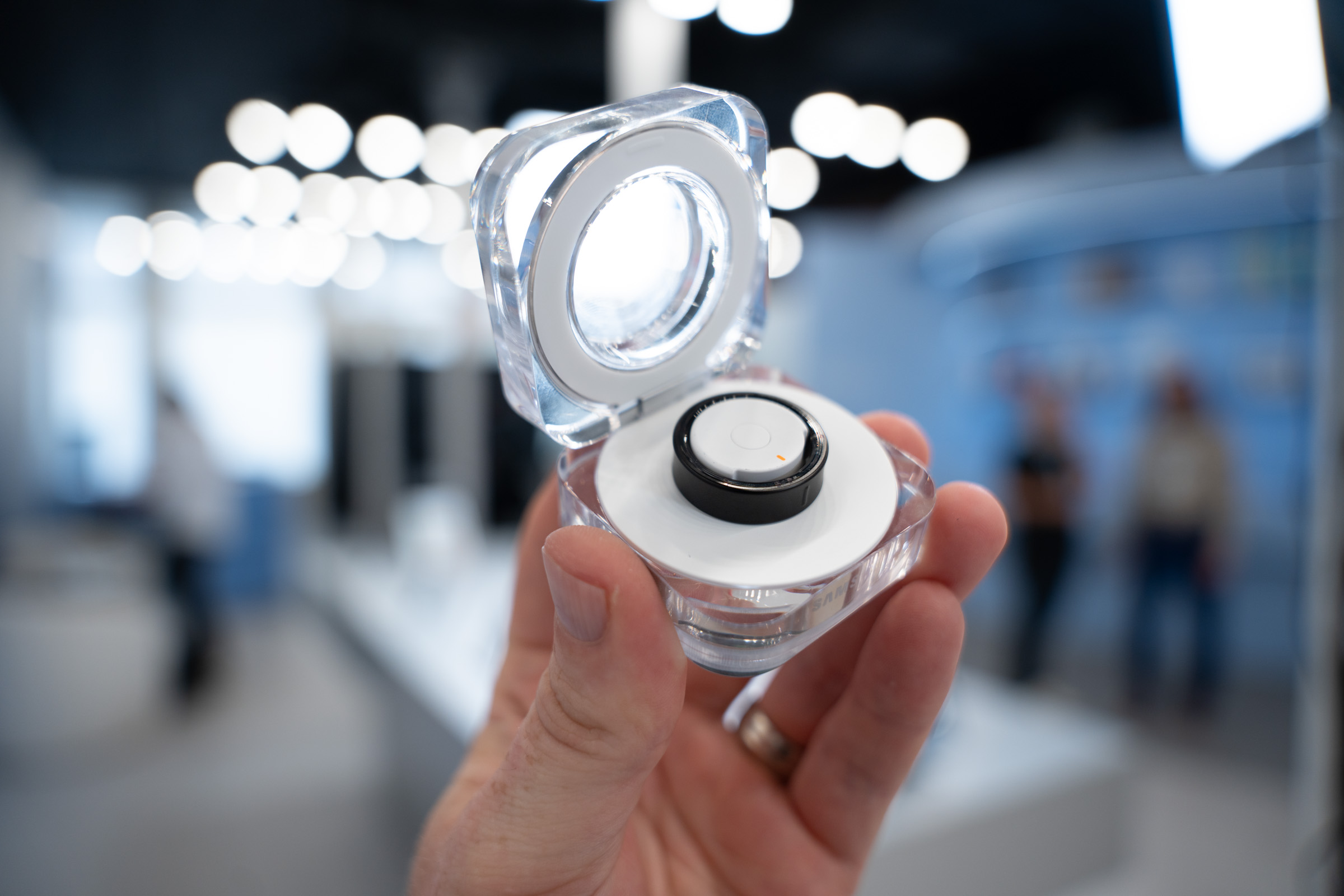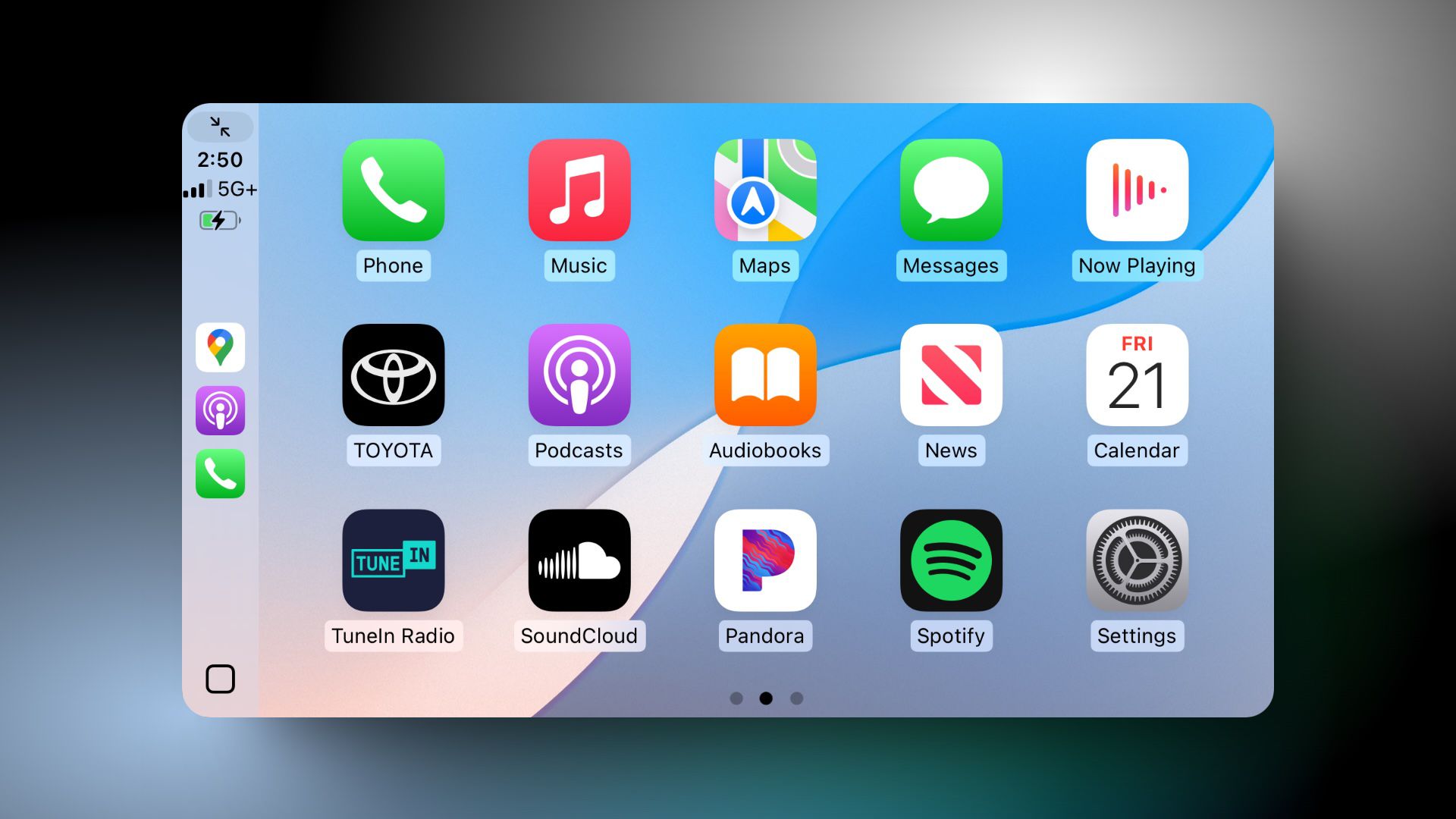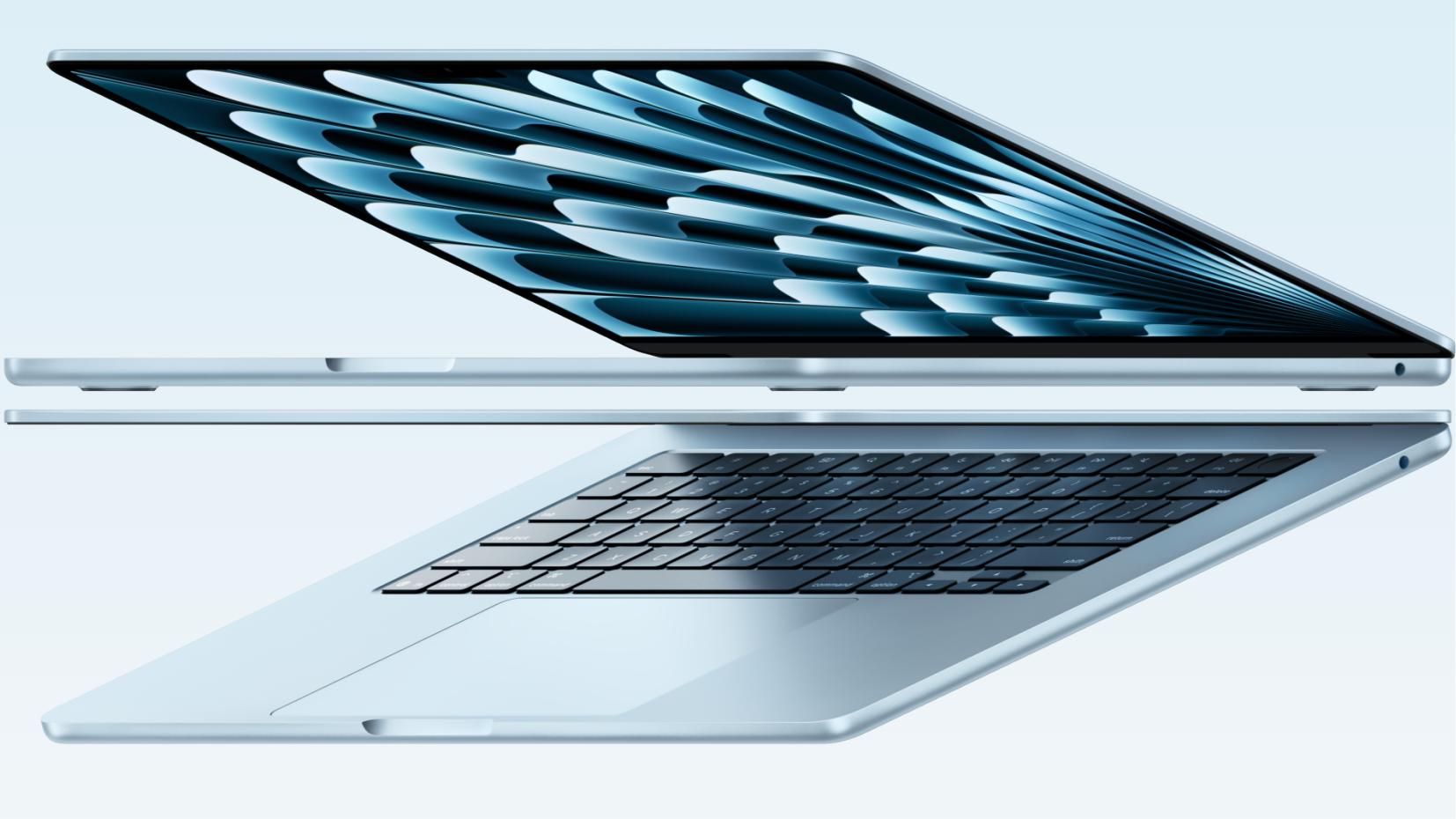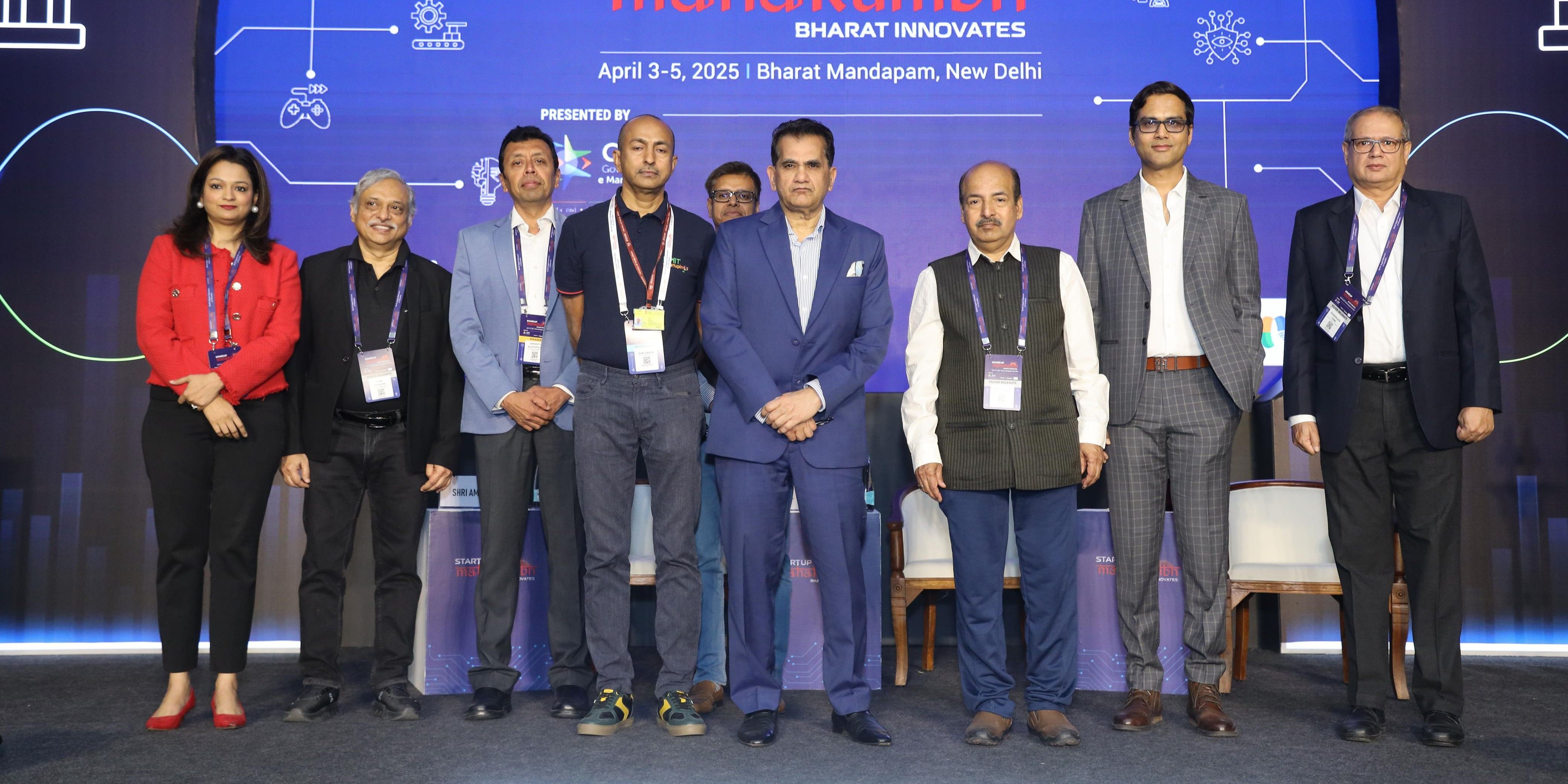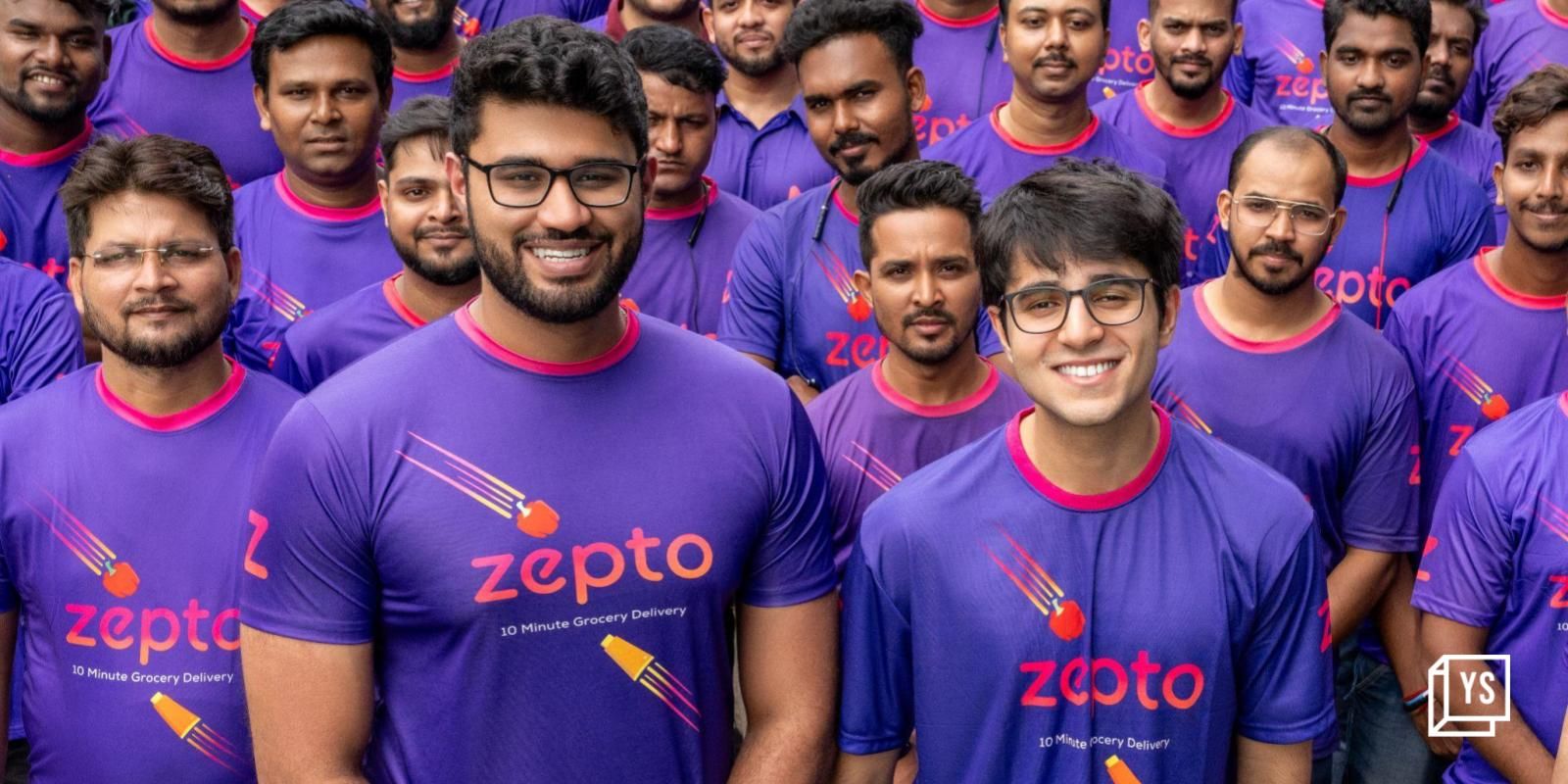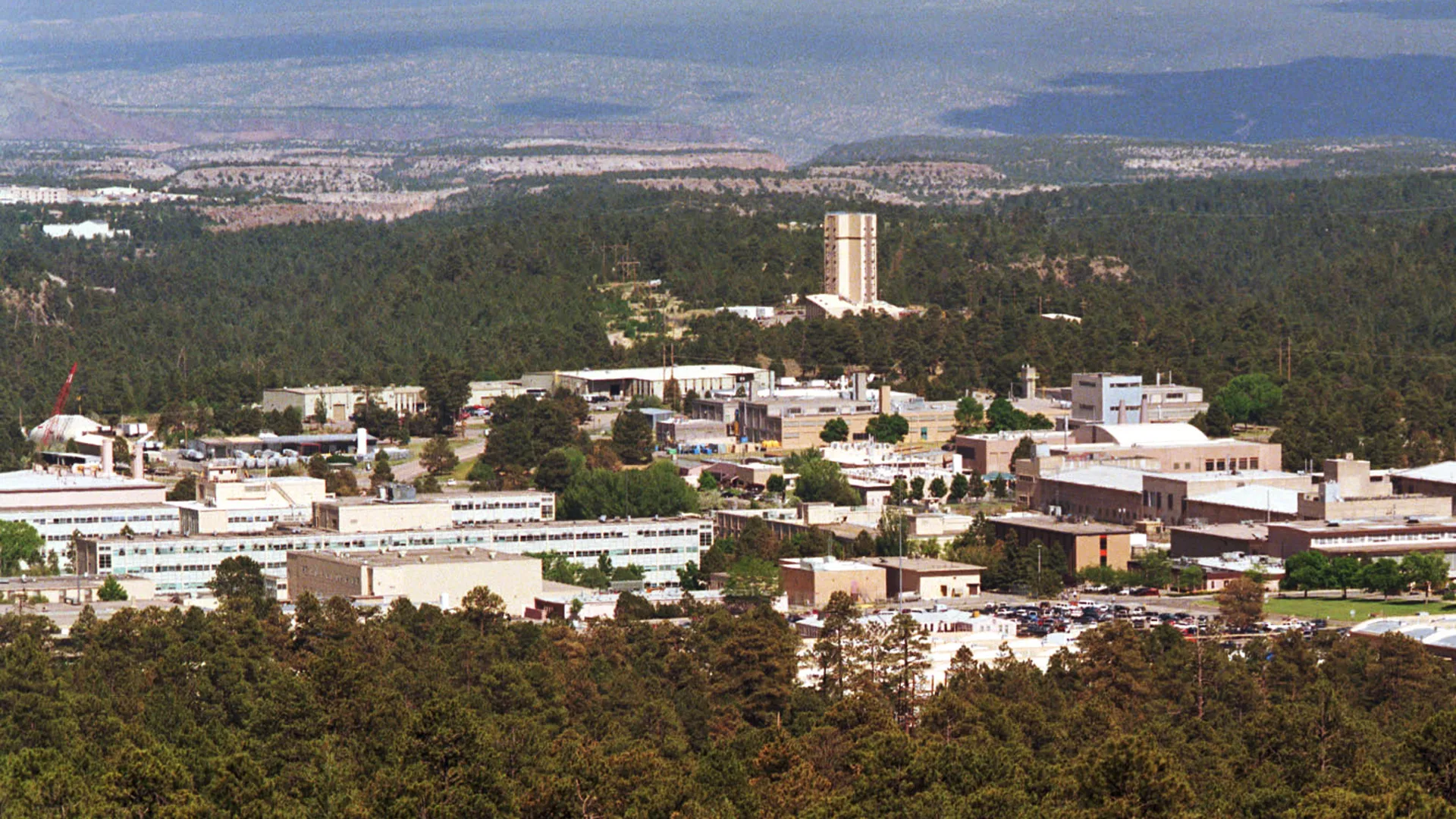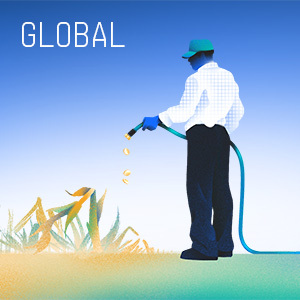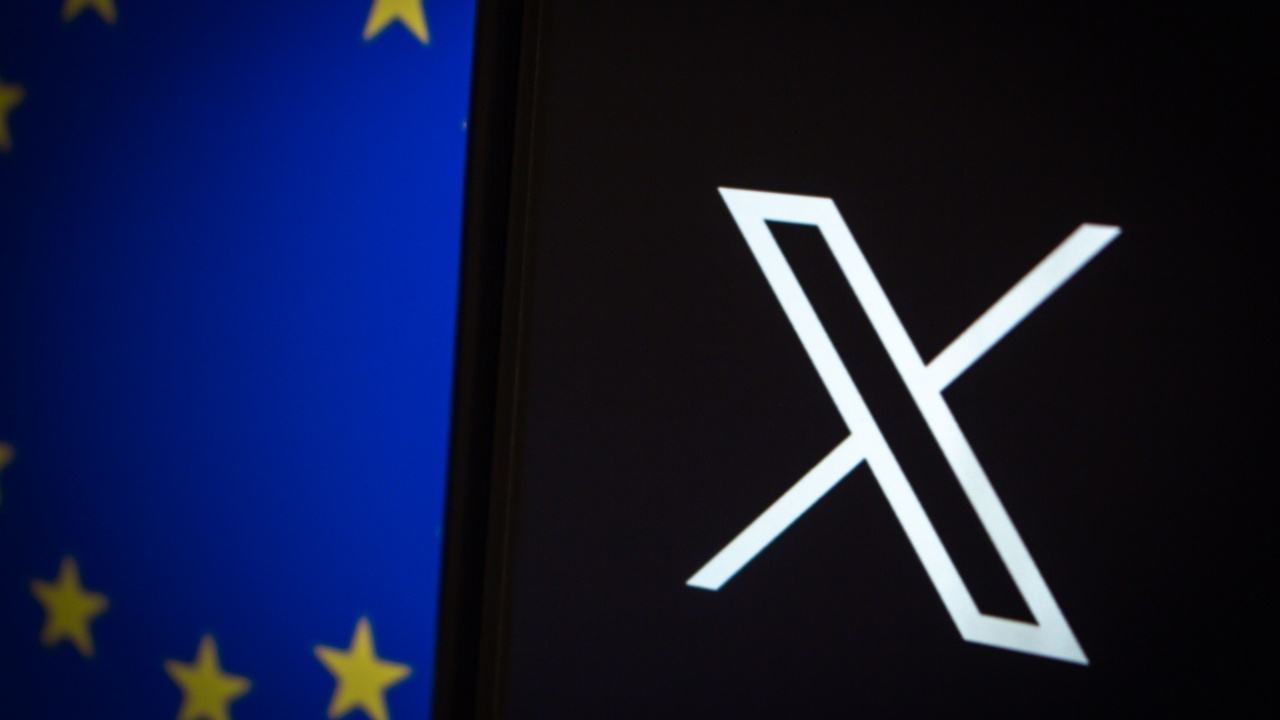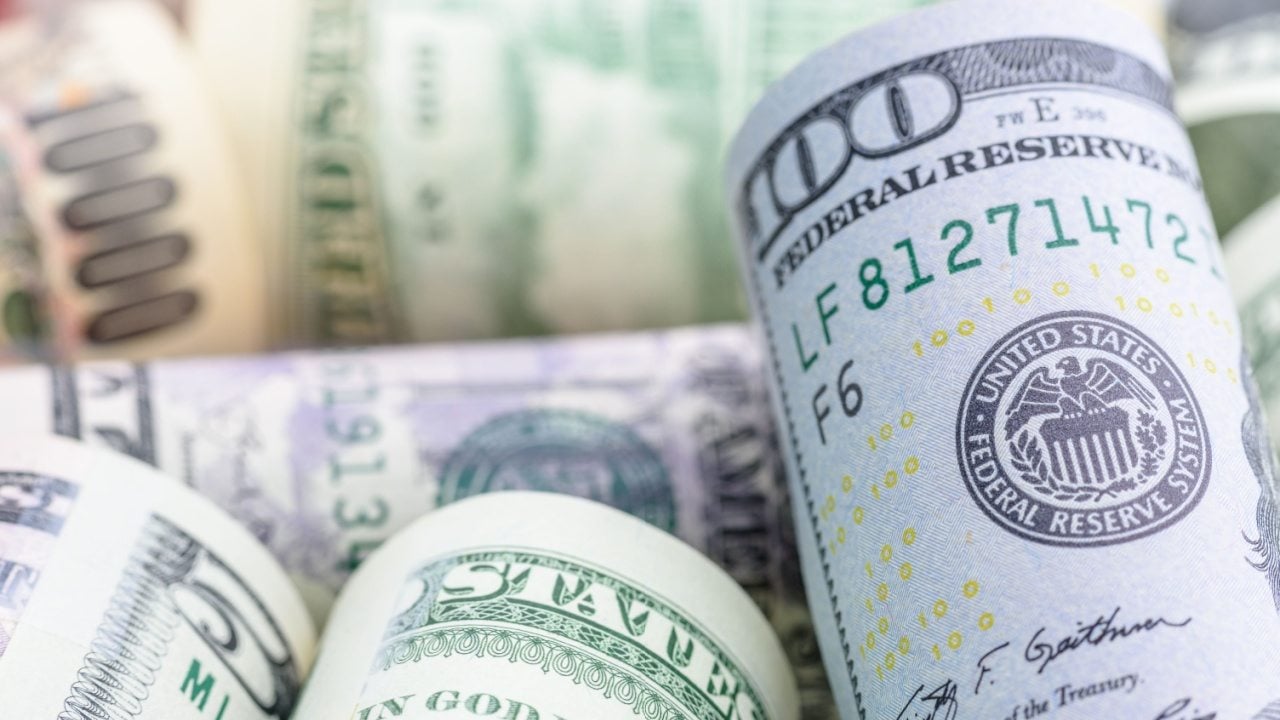The Download: dethroning SpaceX, and air-conditioning’s energy demands
This is today’s edition of The Download, our weekday newsletter that provides a daily dose of what’s going on in the world of technology. Rivals are rising to challenge the dominance of SpaceX SpaceX is a space launch juggernaut. In just two decades, the company has managed to edge out former aerospace heavyweights Boeing, Lockheed, and Northrop…

This is today’s edition of The Download, our weekday newsletter that provides a daily dose of what’s going on in the world of technology.
Rivals are rising to challenge the dominance of SpaceX
SpaceX is a space launch juggernaut. In just two decades, the company has managed to edge out former aerospace heavyweights Boeing, Lockheed, and Northrop Grumman to gain near-monopoly status over rocket launches in the US. It is now also the go-to launch provider for commercial customers, having lofted numerous satellites and five private crewed spaceflights, with more to come.
Other space companies have been scrambling to compete for years, but developing a reliable rocket takes slow, steady work and big budgets. Now at least some of them are catching up. Read the full story.
—Ramin Skibba
We should talk more about air-conditioning
—Casey Crownhart
Things are starting to warm up here in the New York City area, and it’s got me thinking once again about something that people aren’t talking about enough: energy demand for air conditioners.
I get it: Data centers are the shiny new thing to worry about. And I’m not saying we shouldn’t be thinking about the strain that gigawatt-scale computing installations put on the grid. But a little bit of perspective is important here.
I just finished up a new story about a novel way to make heat exchangers, a crucial component in air conditioners and a whole host of other technologies that cool our buildings, food, and electronics. Let’s dig into why I’m writing about the guts of cooling technologies, and why this sector really needs innovation. Read the full story.
This article is from The Spark, MIT Technology Review’s weekly climate newsletter. To receive it in your inbox every Wednesday, sign up here.
The must-reads
I’ve combed the internet to find you today’s most fun/important/scary/fascinating stories about technology.
1 Donald Trump has announced sweeping new tariffs
Experts fear the measures will spark a global trade war. (FT $)
+ The new tariffs are significantly higher than America’s targeted trade partners. (Vox)
+ US tech companies are reliant on global supply chains. What happens next? (Wired $)
+ Tech stocks dropped sharply following the announcement. (CNBC)
2 Elon Musk tried to control the Wisconsin Supreme Court race—and lost
The billionaire was mocked on his own platform, X, after the state rejected the Republican candidate he spent millions bankrolling. (The Guardian)
+ It was the most expensive judicial election in American history. (Economist $)
+ It appears as though Musk’s political influence is waning. (The Atlantic $)
3 Amazon made a bid to keep TikTok operational in the US
As has mobile tech company AppLovin. (WSJ $)
+ The founder of OnlyFans partnered with a crypto foundation in another bid. (Reuters)
4 Parents are worried about their teenagers’ smartphone use
But drawing firm conclusions about phones and social media’s effects on their mental health is far from easy. (Nature)
5 How China gets around America’s chip restrictions
Smuggling and subsidiaries are just some of the ways it skirts the bans. (Rest of World)
+ This super-thin semiconductor is just one molecule thick. (Ars Technica)
+ What’s next in chips. (MIT Technology Review)
6 Neuralink is looking for new patients across the world
The company has implanted devices in three people’s brains to date. (Bloomberg $)
+ Brain-computer interfaces face a critical test. (MIT Technology Review)
7 Italian police are investigating a major fire at a Tesla dealership
The blaze destroyed 17 cars in Rome. (The Guardian)
8 Publishers are experimenting with AI translations for books
Not everyone agrees that the technology is ready. (The Markup)
9 Vibe coding needs a reality check
A new AI app created using the loose process generated a recipe for deadly cyanide ice cream. (404 Media)
10 You may be unwittingly following JD Vance’s wife on Instagram
If you were following Kamala Harris’s husband on the platform, you’re now following Usha Vance. (TechCrunch)
Quote of the day
“Elon Musk’s money might buy some ads, but it repels voters.”
—Wisconsin Democratic Party Chairman Ben Wikler reflects on how his party’s candidate Susan Crawford won the state’s Supreme Court election, despite Musk spending $25 million supporting her Trump-endorsed rival, The Hill reports.
The big story
The lucky break behind the first CRISPR treatment

December 2023
The world’s first commercial gene-editing treatment is set to start changing the lives of people with sickle-cell disease. It’s called Casgevy, and it was approved in November 2022 in the UK.
The treatment, which will be sold in the US by Vertex Pharmaceuticals, employs CRISPR, which can be easily programmed by scientists to cut DNA at precise locations they choose.
But where do you aim CRISPR, and how did the researchers know what DNA to change? That’s the lesser-known story of the sickle-cell breakthrough. Read more about it.
—Antonio Regalado
We can still have nice things
A place for comfort, fun and distraction to brighten up your day. (Got any ideas? Drop me a line or skeet ’em at me.)
+ If you’re stuck for what to read next, this list of the 21st century’s best books is a great source of inspiration.
+ Controversial ranking time—do you agree that Abbey Road is the Beatles’ best album?
+ Inside the tricky technicalities of time travel.
+ Uhoh: magnolia paint is making a comeback.

















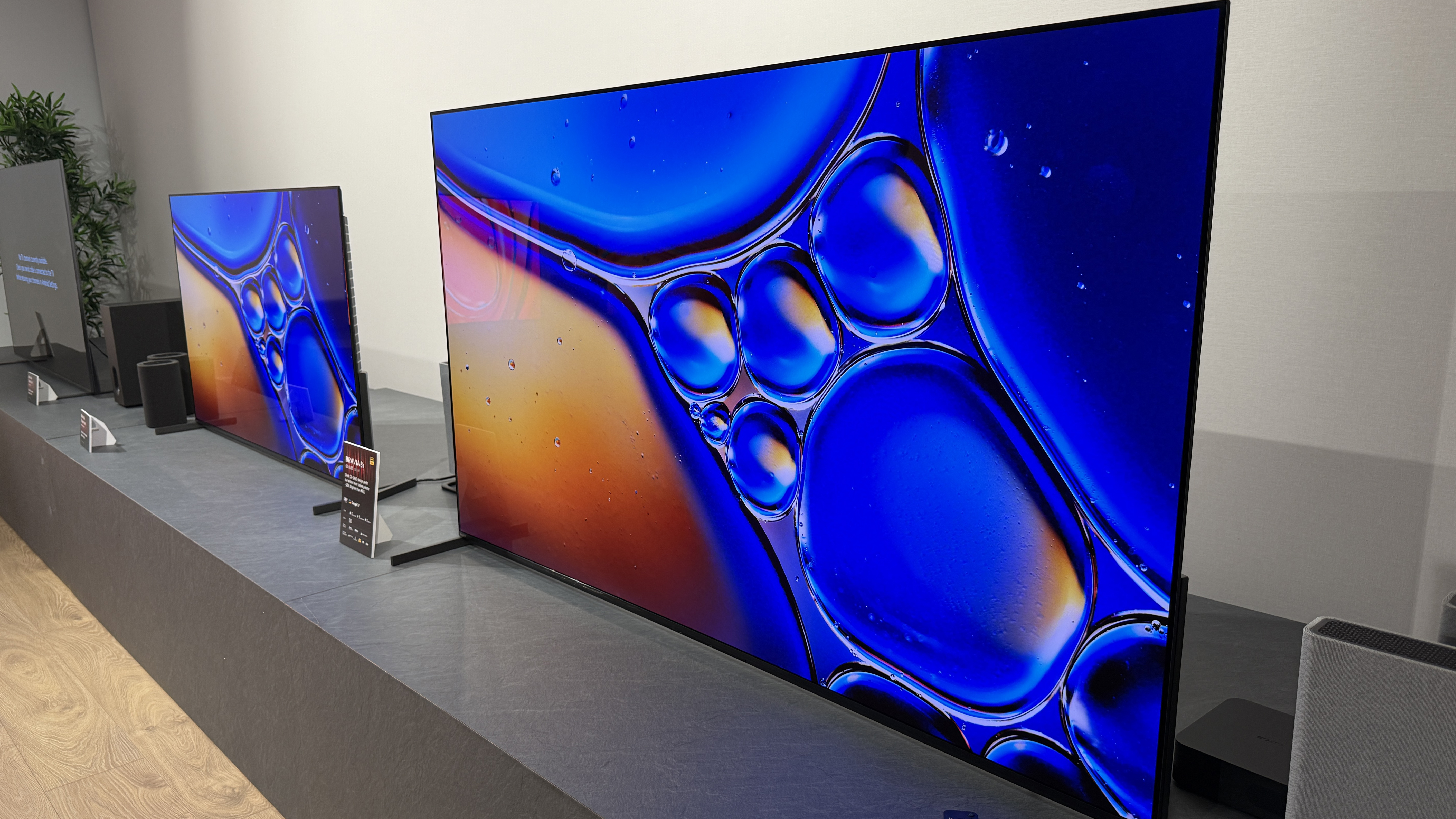

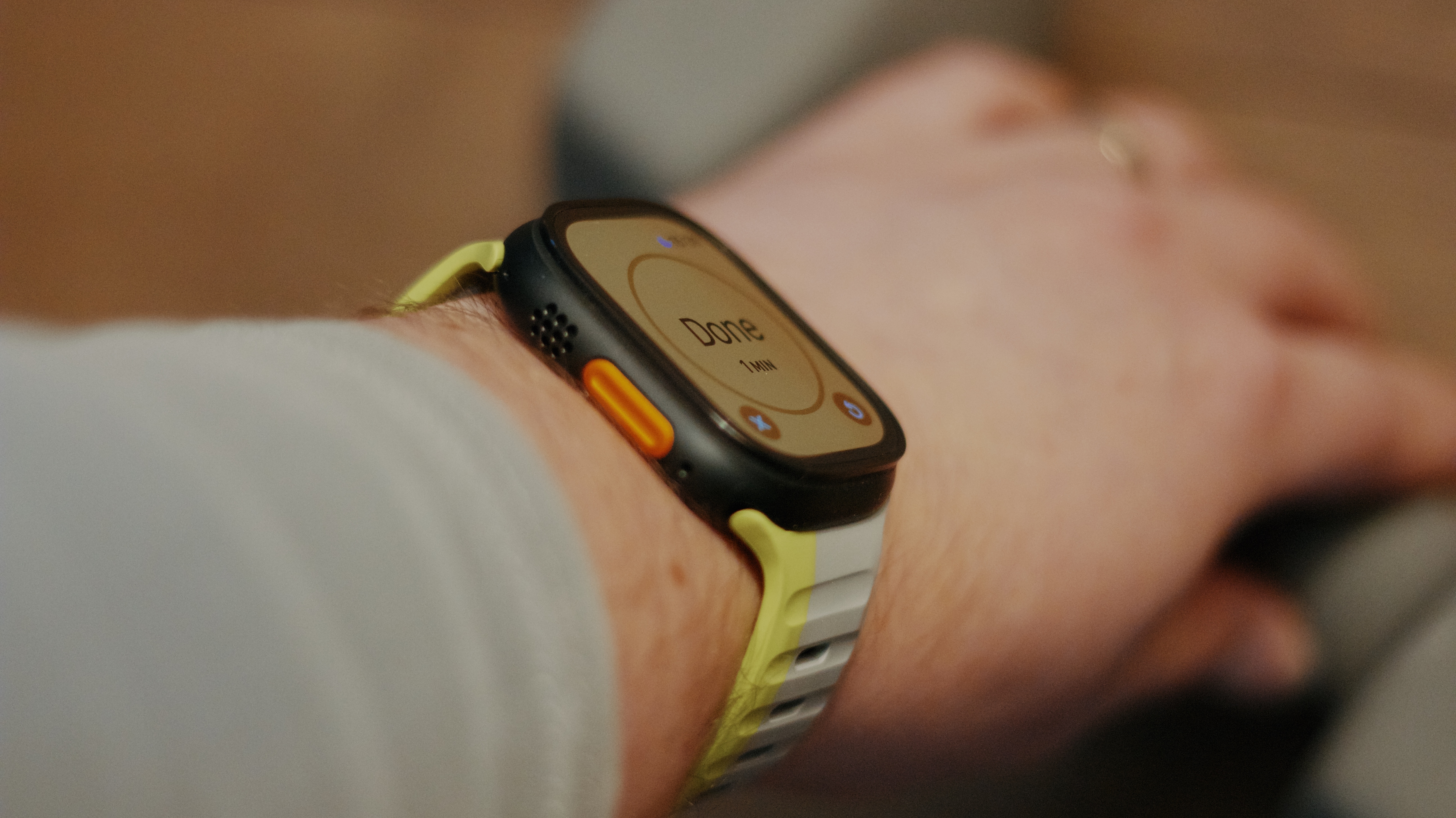






















































































































































![[The AI Show Episode 142]: ChatGPT’s New Image Generator, Studio Ghibli Craze and Backlash, Gemini 2.5, OpenAI Academy, 4o Updates, Vibe Marketing & xAI Acquires X](https://www.marketingaiinstitute.com/hubfs/ep%20142%20cover.png)
















































































































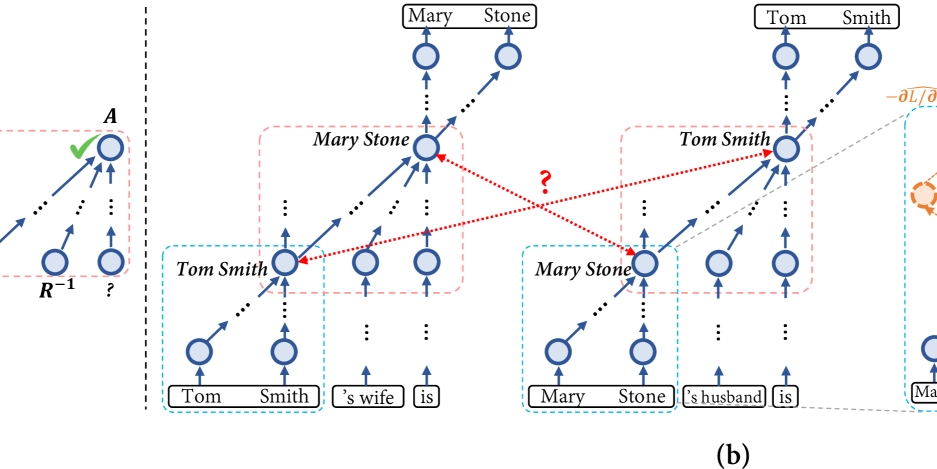

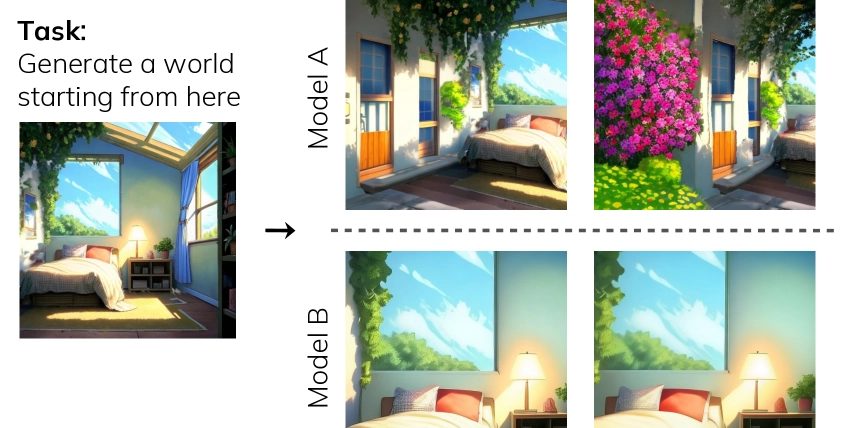




































































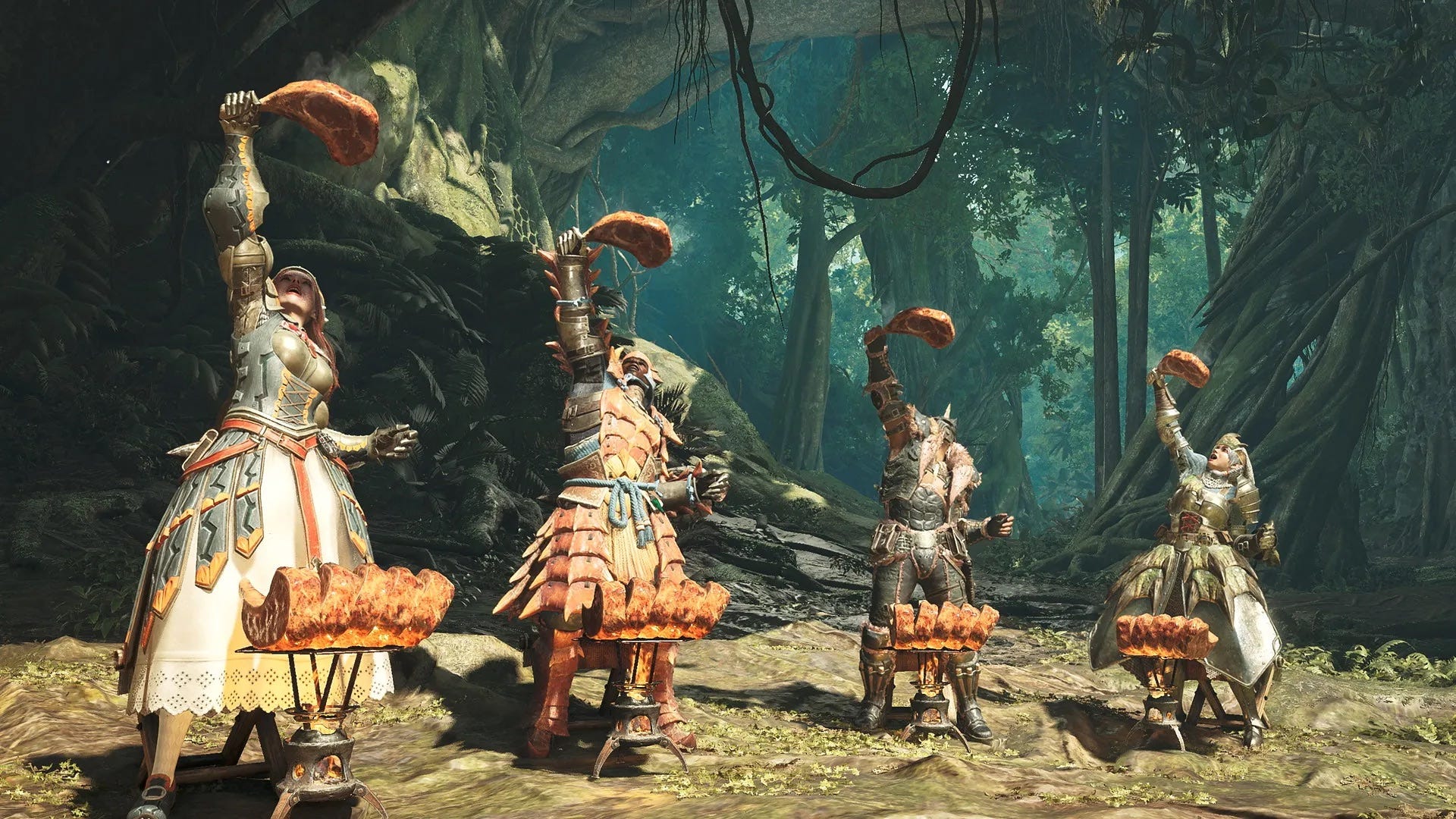







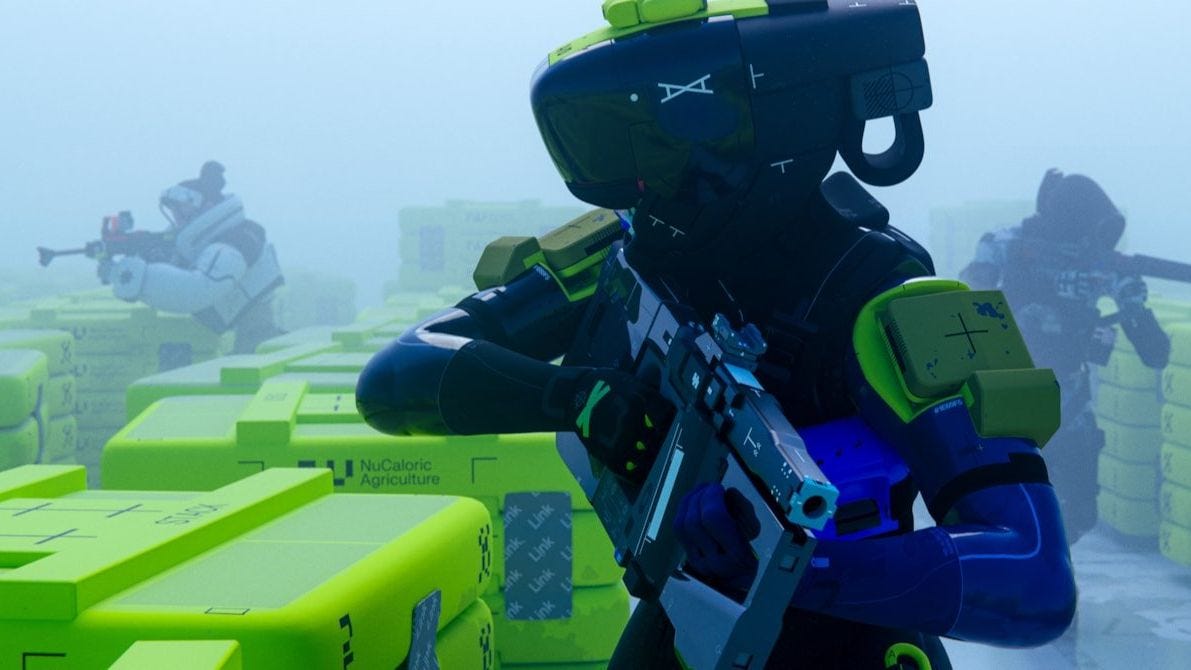














































.jpg?#)
















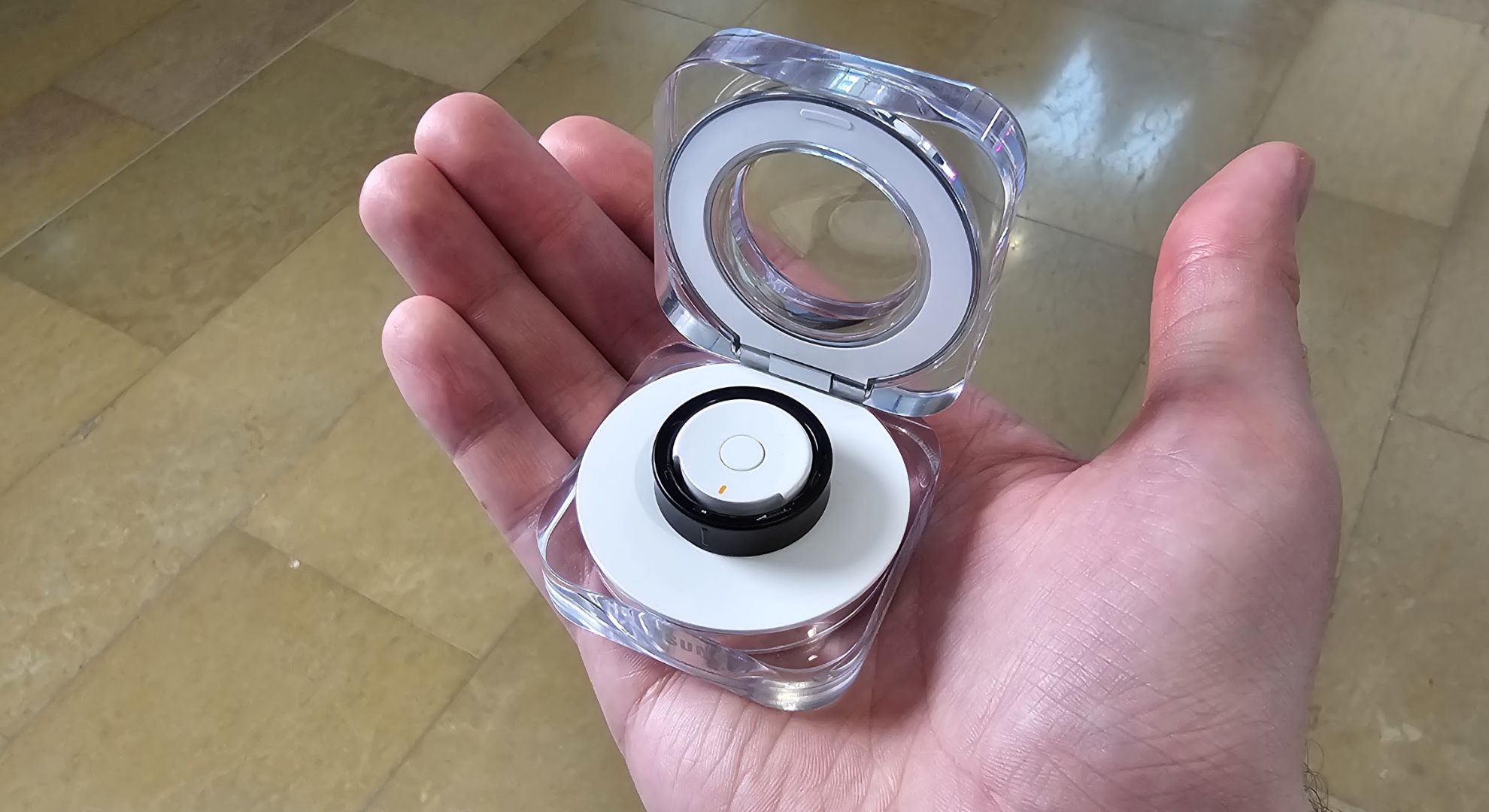










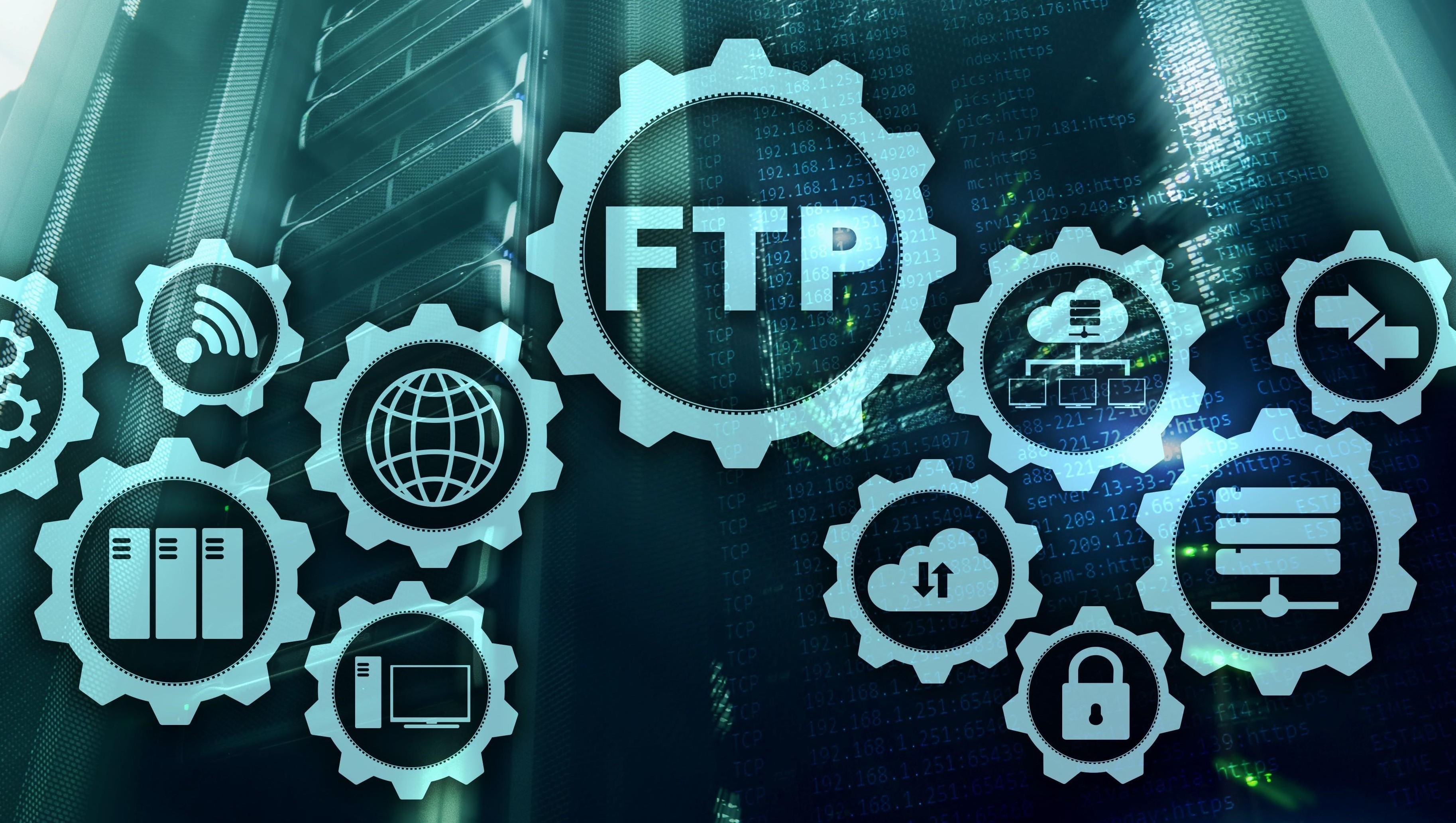
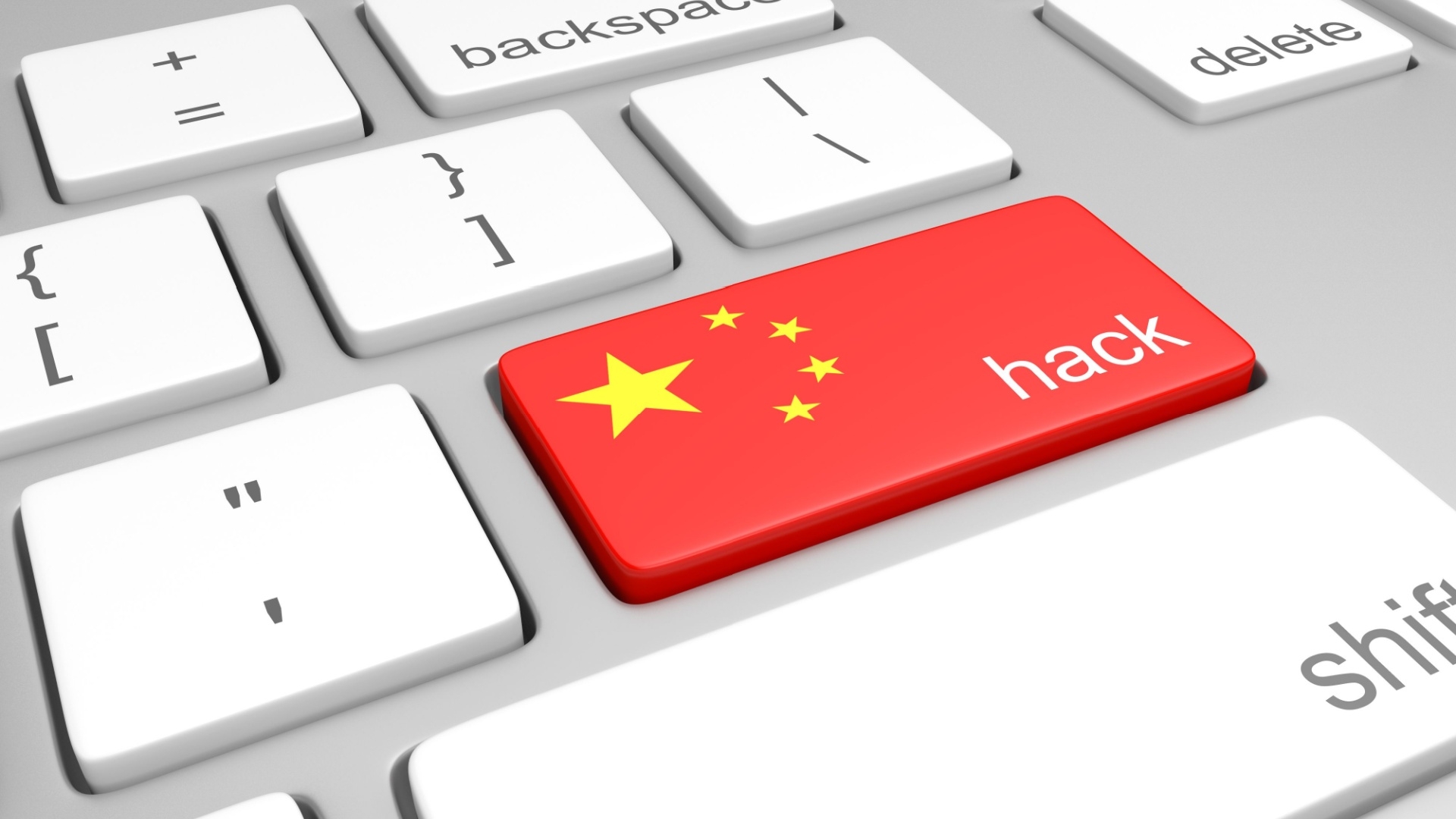






































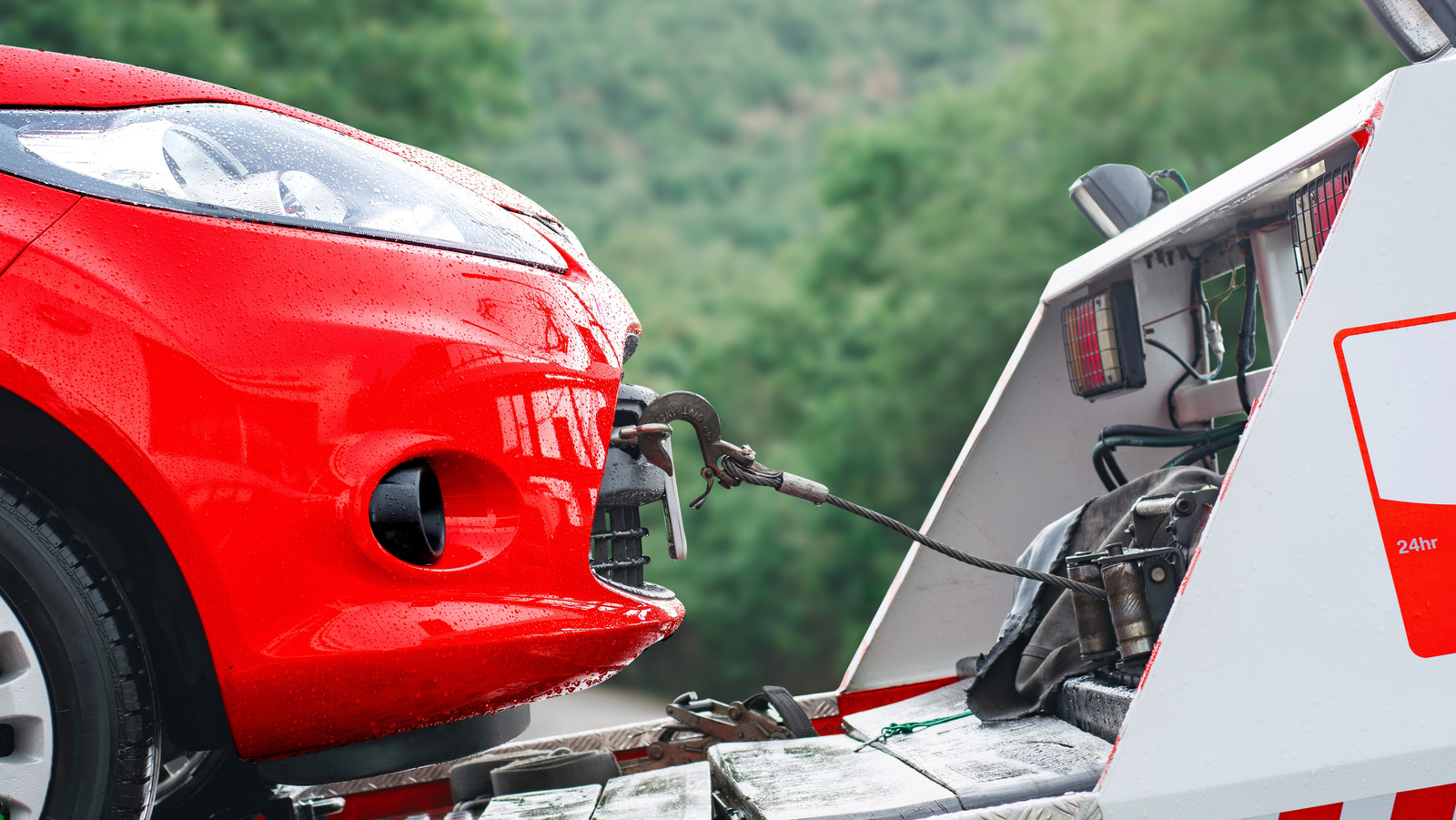
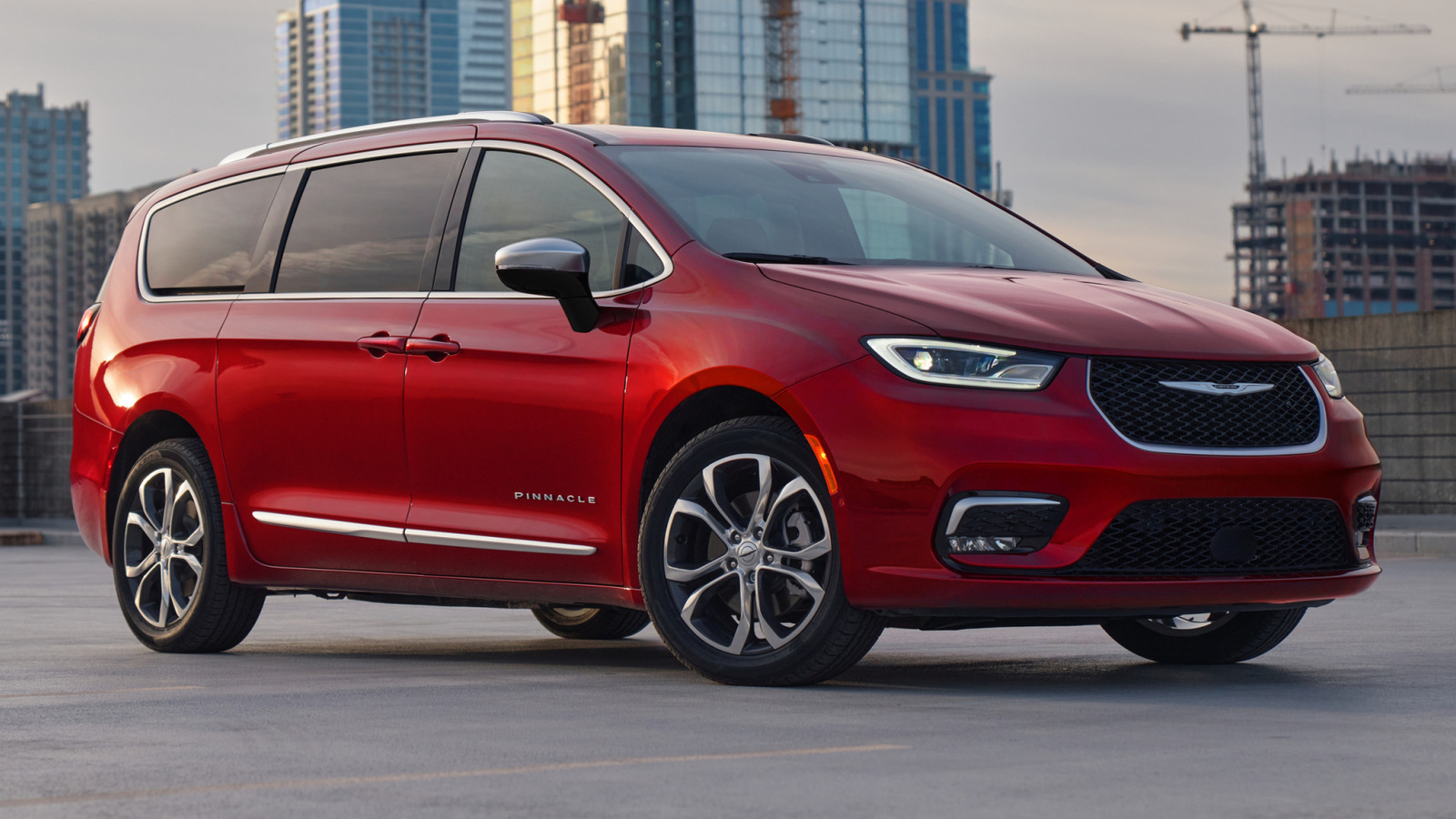
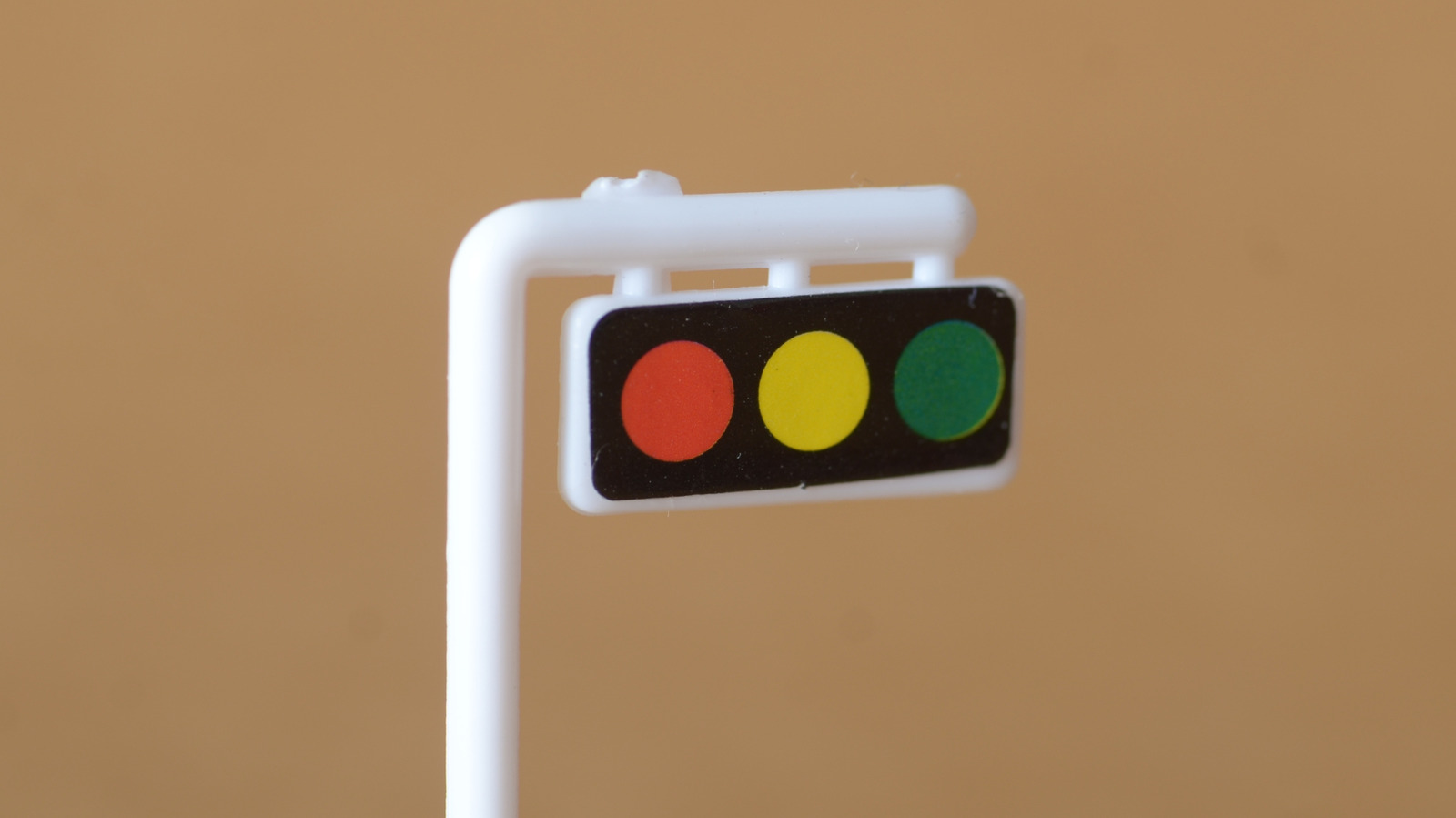
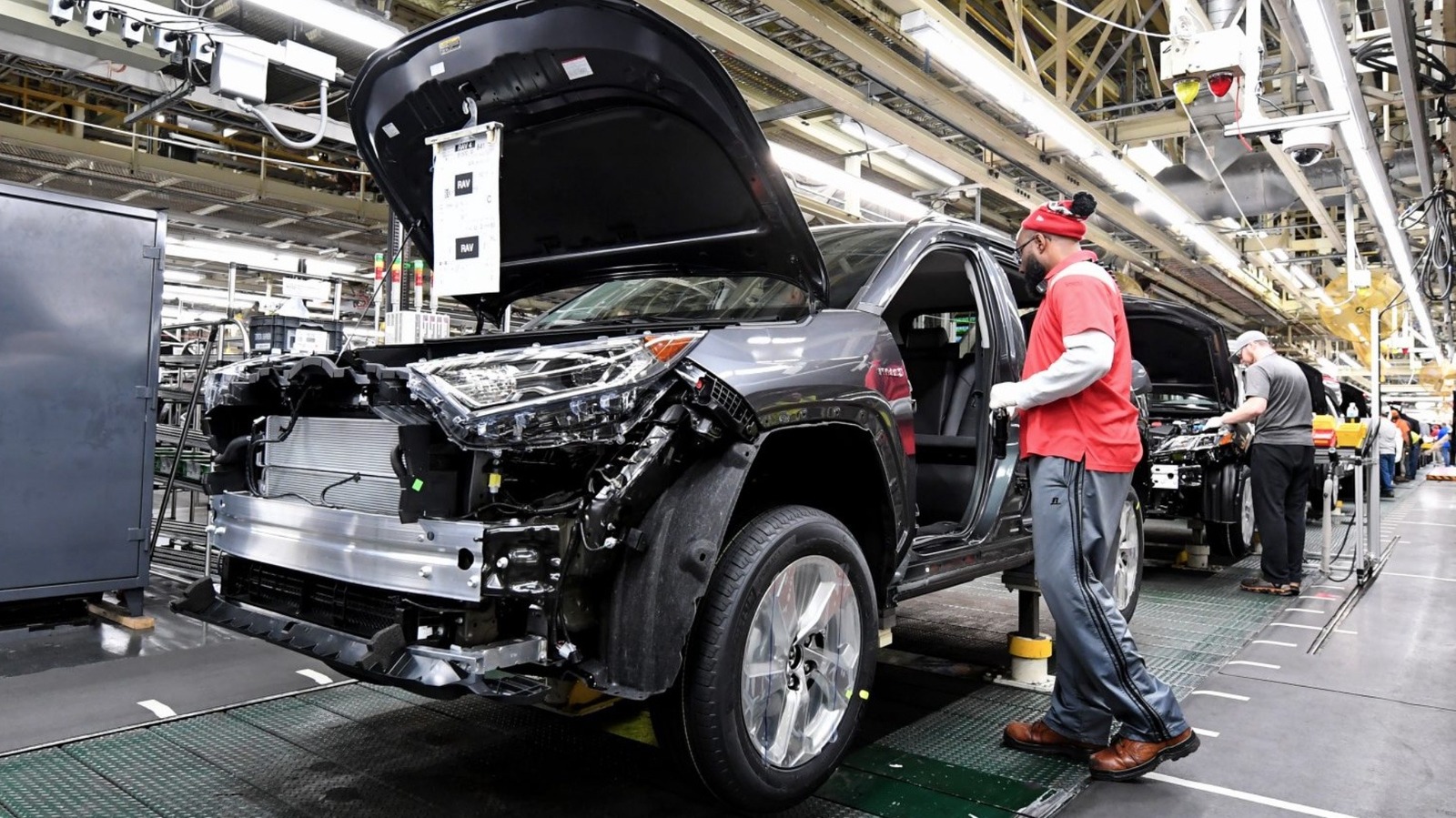



































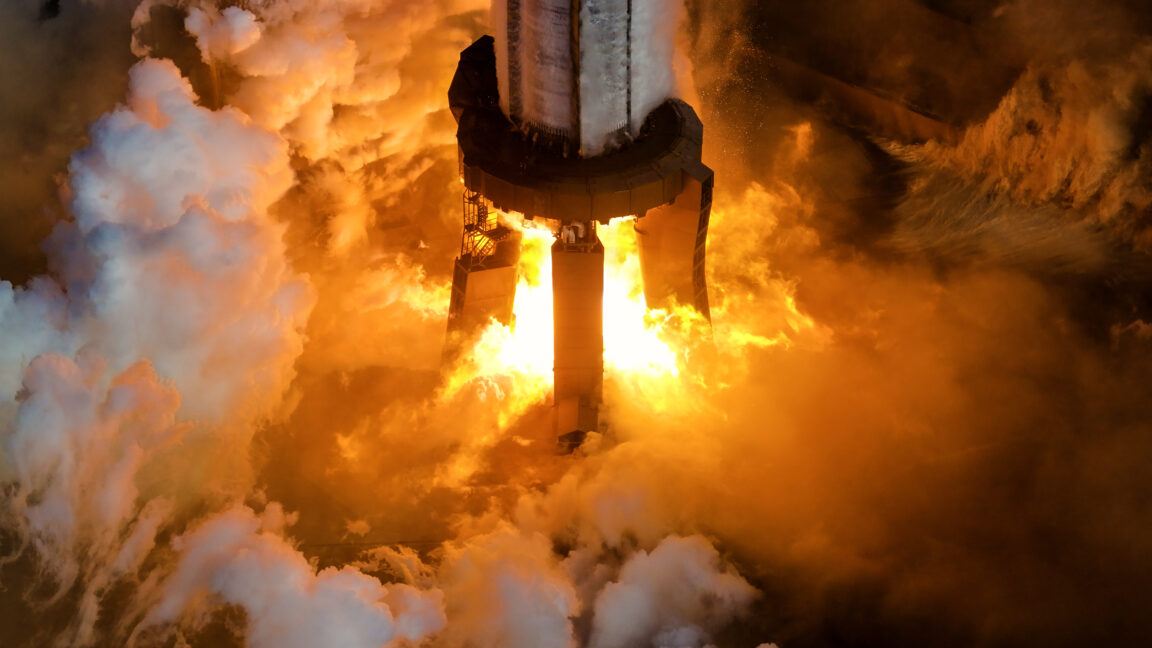




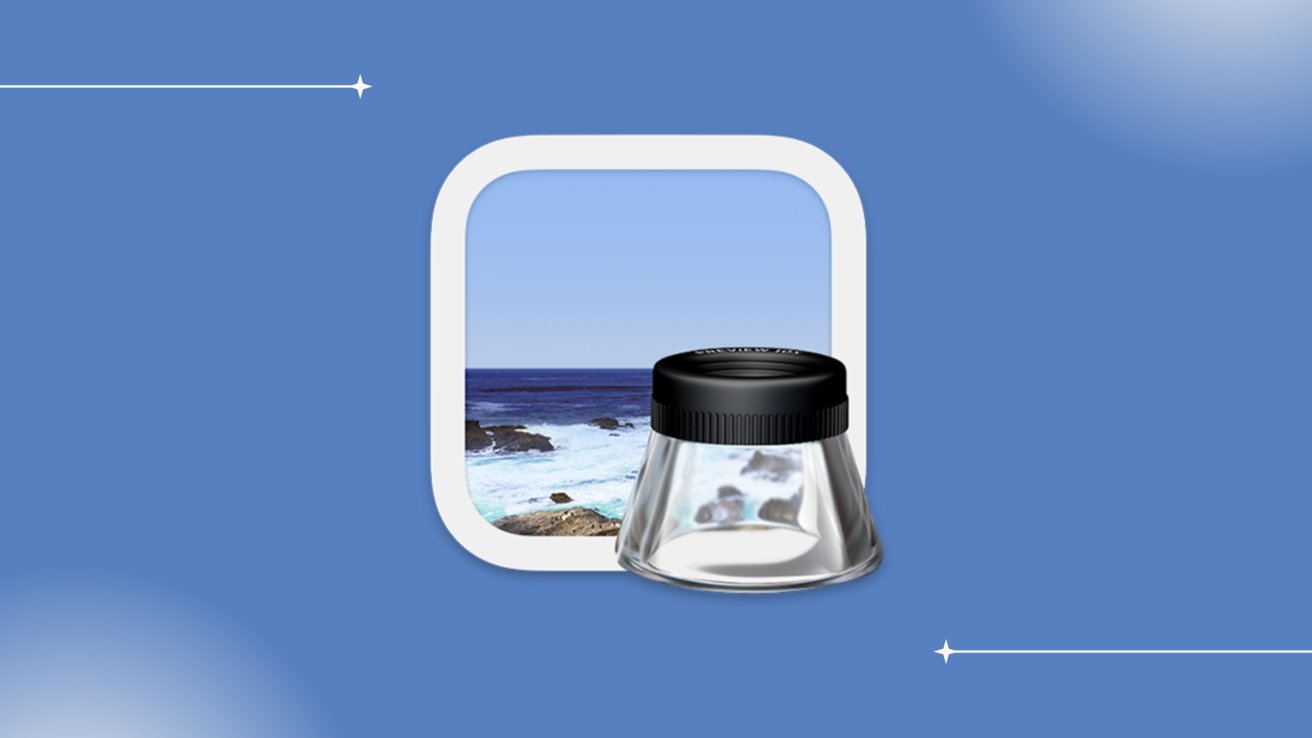
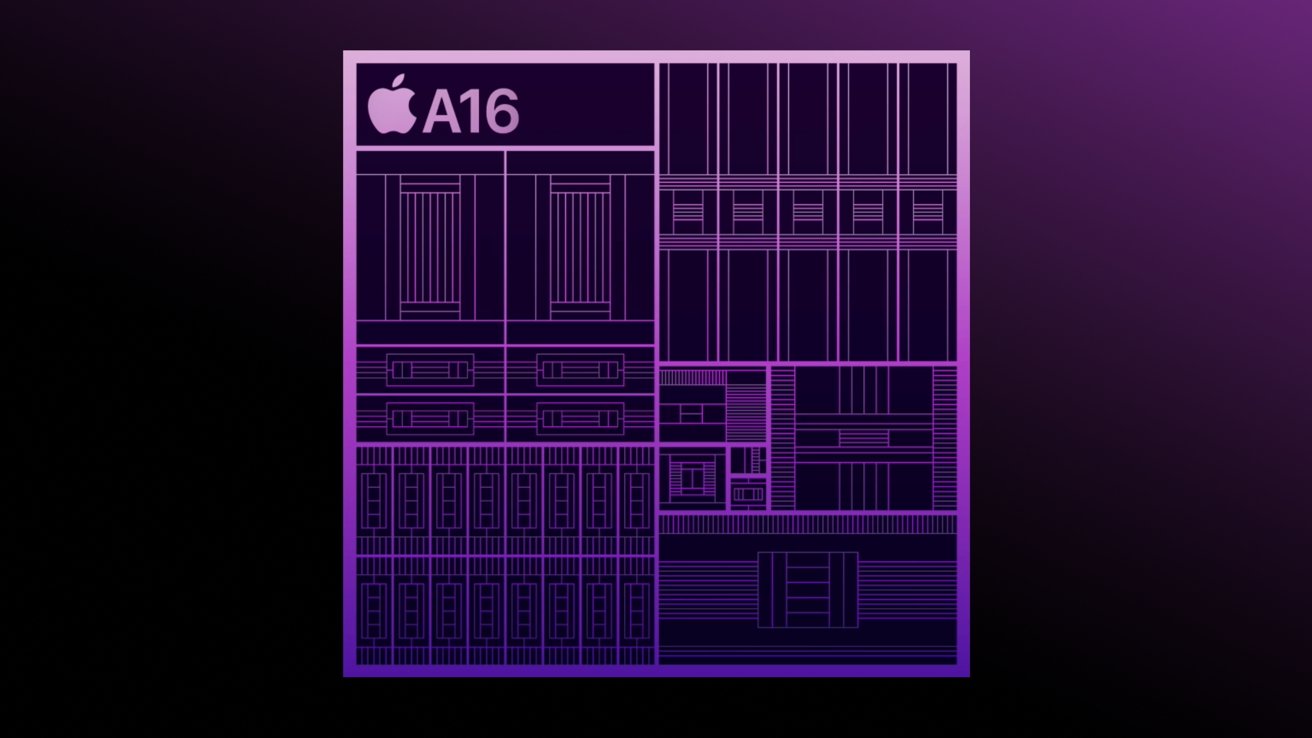





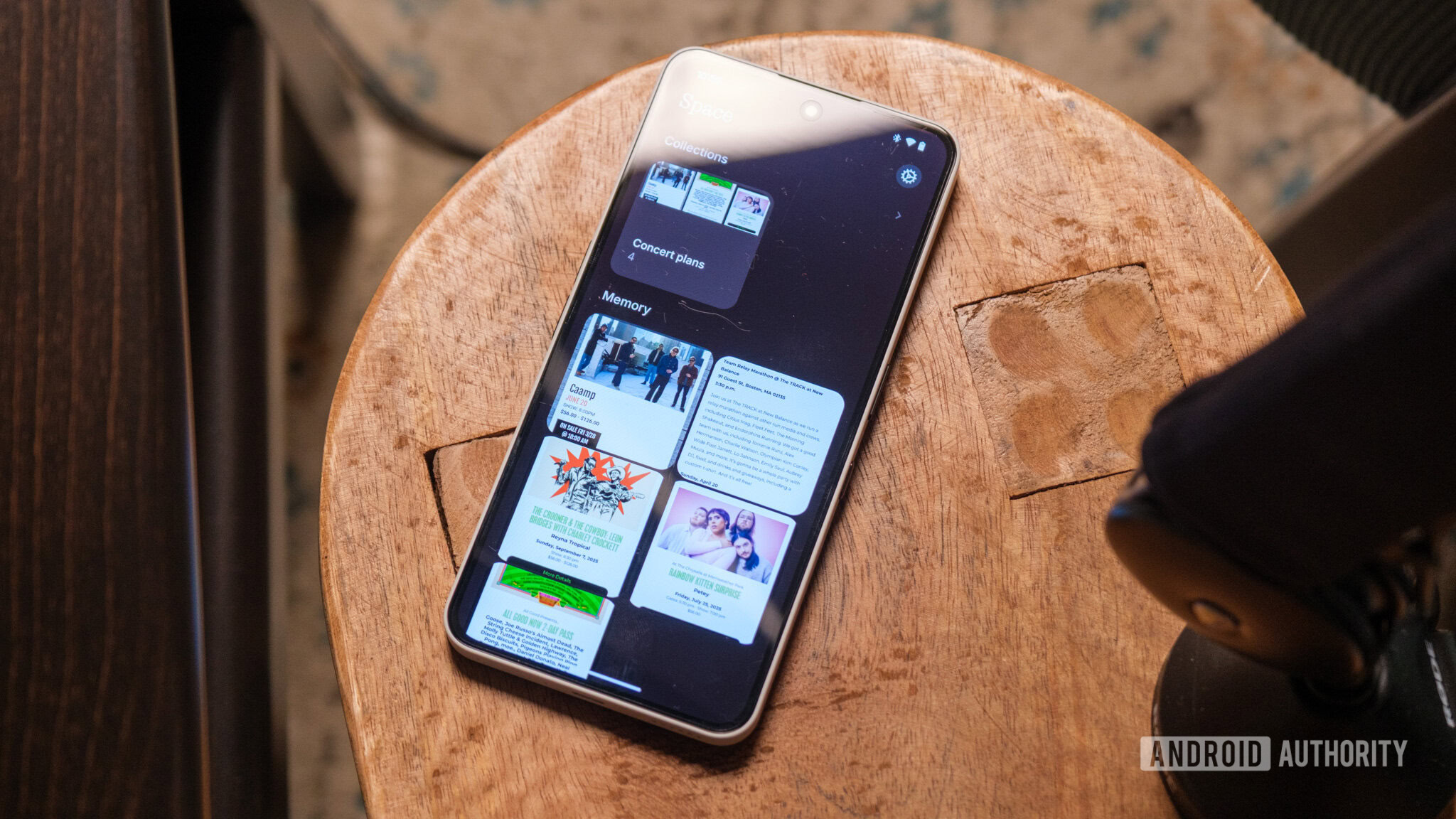























![YouTube Announces New Creation Tools for Shorts [Video]](https://www.iclarified.com/images/news/96923/96923/96923-640.jpg)

![Apple Faces New Tariffs but Has Options to Soften the Blow [Kuo]](https://www.iclarified.com/images/news/96921/96921/96921-640.jpg)













